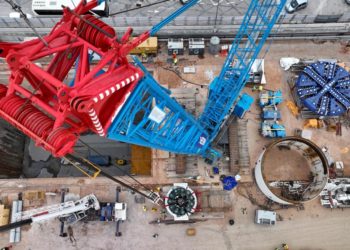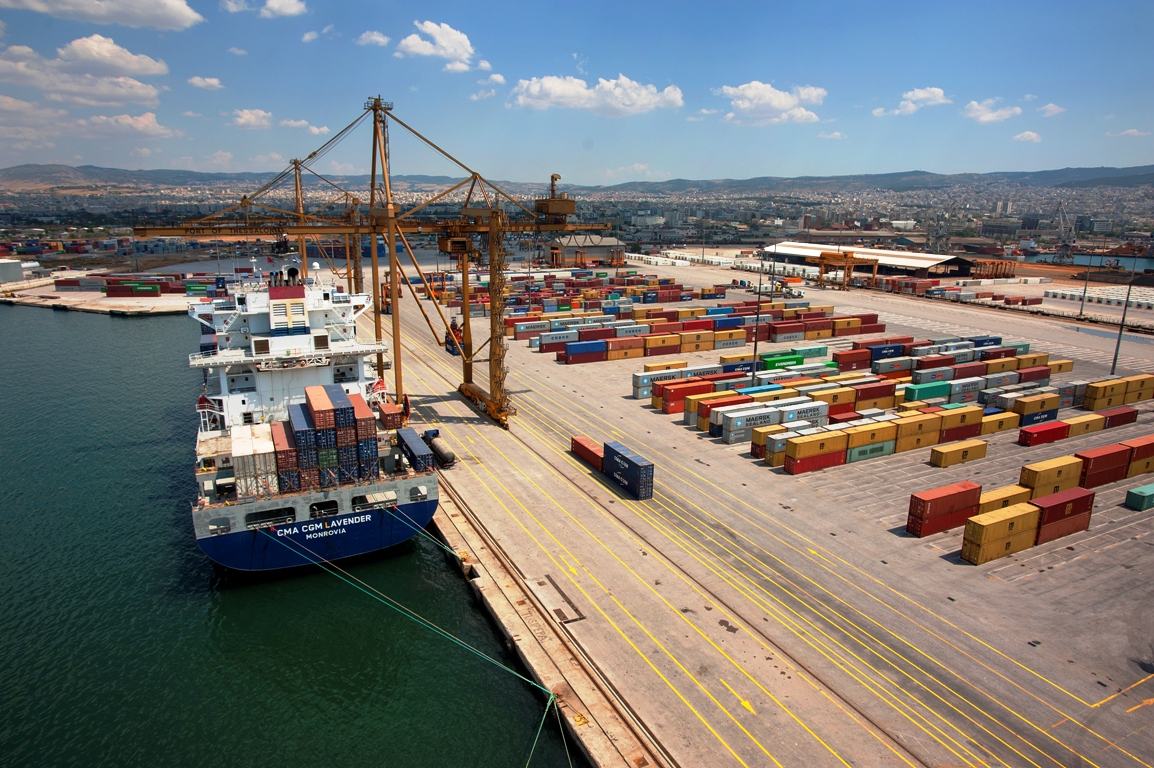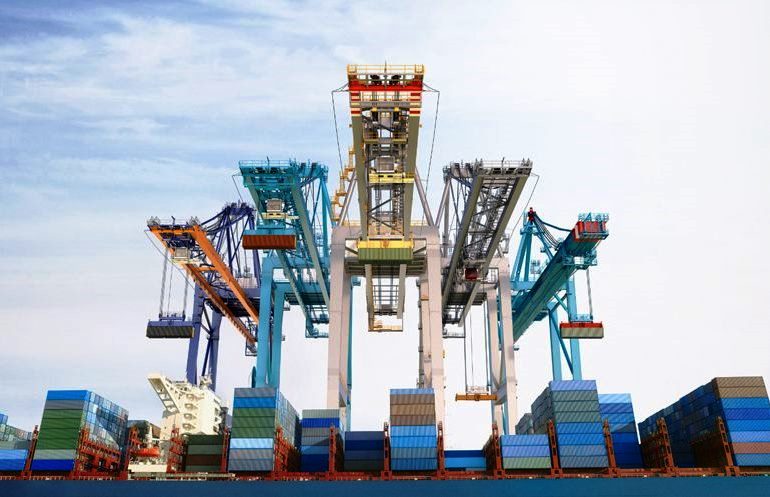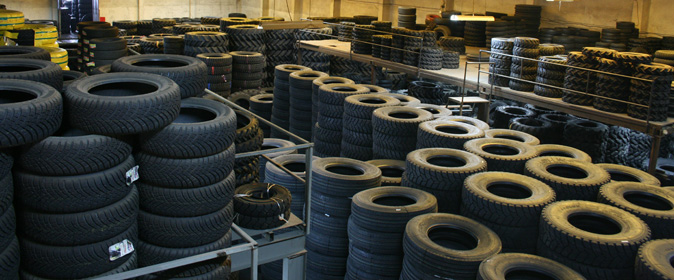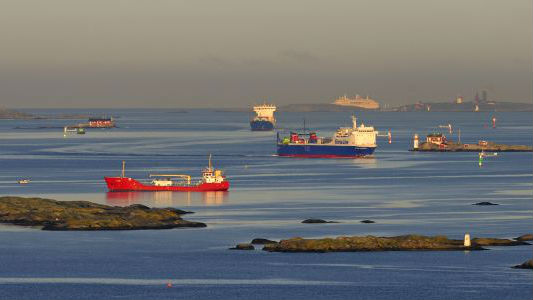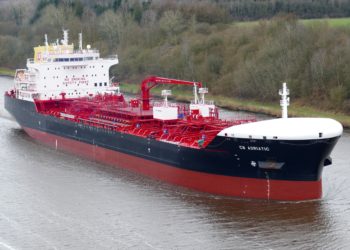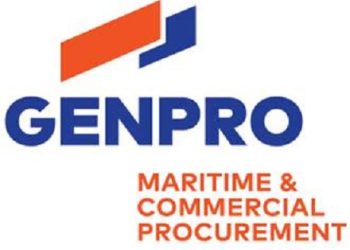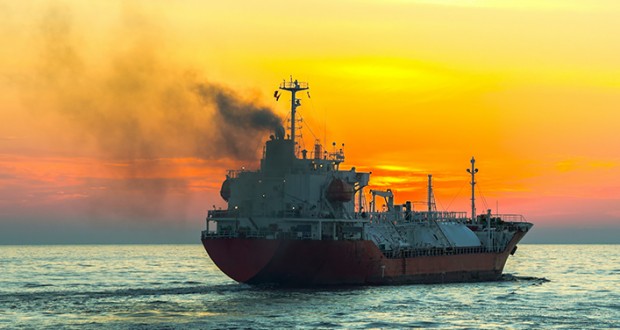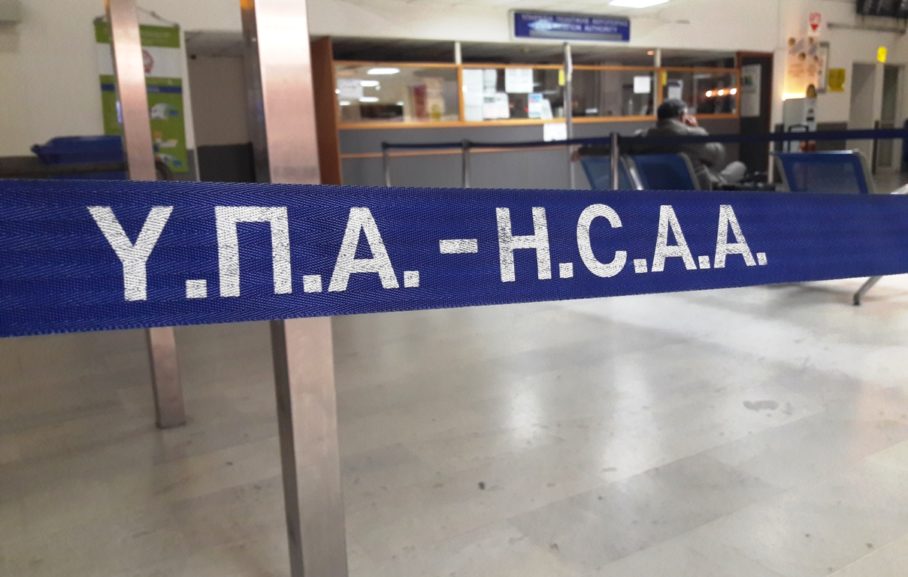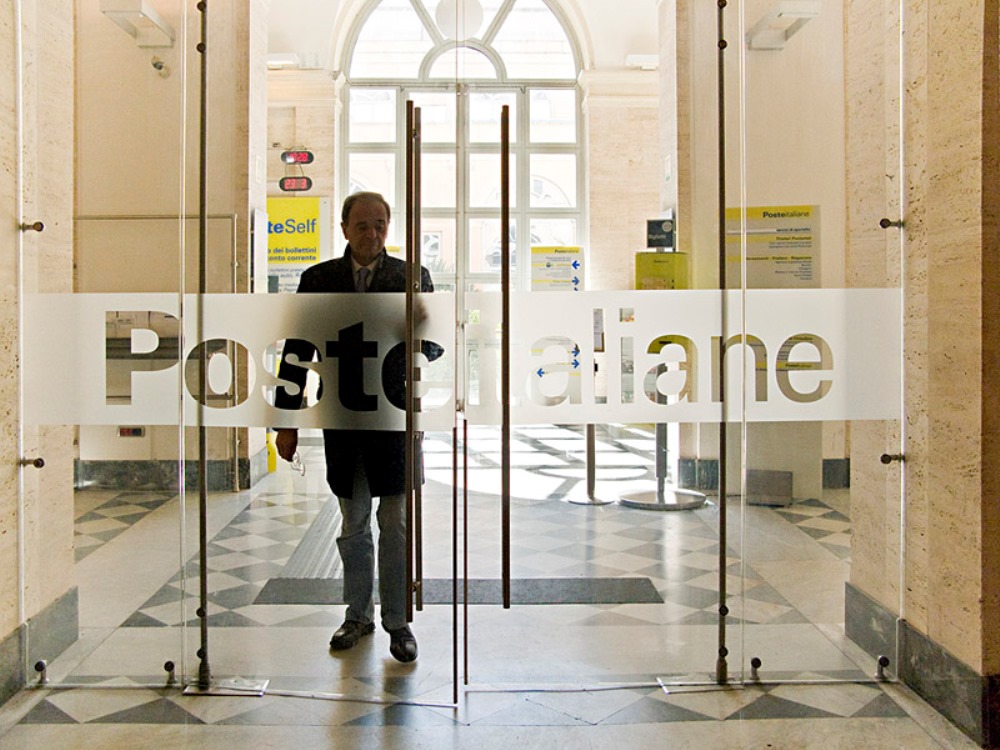In three separate decisions, the European Commission has fined four maritime car carriers €395 million, two suppliers of spark plugs €76 million, and two suppliers of braking systems €75 million, for taking part in cartels, in breach of EU antitrust rules.
All companies acknowledged their involvement in the cartels and agreed to settle the cases.
Maritime car carriers
The European Commission found that the Chilean maritime carrier CSAV, the Japanese carriers “K” Line, MOL and NYK, and the Norwegian/Swedish carrier WWL-EUKOR participated in a cartel concerning intercontinental maritime transport of vehicles, and imposed a total fine of €395 million.
For almost 6 years, from October 2006 to September 2012, the five carriers formed a cartel in the market for deep sea transport of new cars, trucks and other large vehicles such as combine harvesters and tractors, on various routes between Europe and other continents.
The Commission’s investigation revealed that, to coordinate anticompetitive behaviour, the carriers’ sales managers met at each other’s offices, in bars, restaurants or other social gatherings and were in contact over the phone on a regular basis. In particular, they coordinated prices, allocated customers and exchanged commercially sensitive information about elements of the price, such as charges and surcharges added to prices to offset currency or oil prices fluctuations.
The carriers agreed to maintain the status quo in the market and to respect each other’s traditional business on certain routes or with certain customers, by quoting artificially high prices or not quoting at all in tenders issued by vehicle manufacturers.
The cartel affected both European car importers and final customers, as imported vehicles were sold within the European Economic Area (EEA), and European vehicle manufacturers, as their vehicles were exported outside the EEA. In 2016, some 3.4 million motor vehicles were imported from non-EU countries, while the EU exported more than 6.3 million vehicles to non-EU countries in 2016. Almost half of these vehicles were transported by the carriers that have been fined today.
The Commission’s investigation started with an immunity application submitted by MOL. During its investigation, the Commission cooperated with several competition authorities around the world, including in Australia, Canada, Japan and the US.
Fines
The fines were calculated on the basis of the Commission’s 2006 Guidelines on fines.
In determining the fines, the Commission took into account the sales value on the intercontinental routes to and from the EEA achieved by the cartel participants for the transport services, the serious nature of the infringement, its geographic scope and its duration. The Commission also applied a 20% fine reduction for CSAV, to take into account its lesser involvement in the infringement.
Under the Commission’s 2006 Leniency Notice:
-MOL received full immunity for revealing the existence of the cartel, thereby avoiding a fine of ca. €203 million.
-CSAV, “K” Line, NYK and WWL-EUKOR benefited from reductions of their fines for their cooperation with the Commission. The reductions reflect the timing of their cooperation and the extent to which the evidence they provided helped the Commission to prove the existence of the cartel.
In addition, under the Commission’s 2008 Settlement Notice, the Commission applied a reduction of 10% to the fines imposed on the companies in view of their acknowledgment of the participation in the cartel and of their liability in this respect.
The breakdown of the fines imposed on each company is as follows:
| Company | Reduction under Leniency Notice | Reduction under Settlement Notice | Fine (€) |
| MOL | 100% | 10% | 0 |
| NYK | 20% | 10% | 141 820 000 |
| “K” LINE | 50% | 10% | 39 100 000 |
| WWL-EUKOR | 20% | 10% | 207 335 000 |
| CSAV | 25% | 10% | 7 033 000 |
Spark plugs
In a second decision, the Commission has found that Bosch (Germany), Denso and NGK (both Japan) participated in a cartel concerning supplies of spark plugs to car manufacturers in the EEA and imposed a total fine of €76 million.
Spark plugs are automotive electric devices built in petrol engines of cars, delivering high voltage electric sparks to the combustion chamber. Bosch, Denso and NGK’s customers are car manufacturers with production facilities in the EEA.
The cartel lasted from 2000 until 2011 and aimed at avoiding competition by respecting each other’s traditional customers and maintaining the existing status quo in the spark plugs industry in the EEA.
The three companies exchanged commercially sensitive information and in some instances agreed on the prices to be quoted to certain customers, the share of supplies to specific customers and the respect of historical supply rights. This coordination took place through bilateral contacts between Bosch and NGK, and between Denso and NGK.
The Commission’s investigation started with an immunity application submitted by Denso.
Fines
The fines were calculated on the basis of the Commission’s 2006 Guidelines on fines.
In determining the fines, the Commission took into account the companies’ sales generated in the EEA from the supply of spark plugs to car manufacturers with production facilities in the EEA. The Commission also considered the serious nature of the infringement, its geographic scope and its duration. The Commission also applied a 10% fine reduction for Bosch and Denso, to take into account their lesser involvement in the infringement.
Under the Commission’s 2006 Leniency Notice:
-Denso received full immunity for revealing the existence of the cartel, thereby avoiding a fine of ca. €1 million.
-Bosch and NGK benefited from reductions of their fines for their cooperation with the investigation. The reductions reflect the timing of their cooperation and the extent to which the evidence they provided helped the Commission to prove the existence of the cartel.
In addition, under the Commission’s 2008 Settlement Notice, the Commission applied a reduction of 10% to the fines imposed in view of the parties’ acknowledgment of their participation in the cartel and of their liability in this respect.
The breakdown of the fines imposed on each company is as follows:
| Company | Reduction under Leniency Notice | Reduction under Settlement Notice | Fine (€) |
| Denso | 100% | 10% | 0 |
| Bosch | 28% | 10% | 45 834 000 |
| NGK | 42% | 10% | 30 265 000 |
Braking systems
In a third decision, the European Commission found two cartels relating to braking systems. The first concerned the supply of hydraulic braking systems (HBS) and involved TRW (USA, now ZF TRW, Germany), Bosch (Germany) and Continental (Germany). The second cartel concerned the supply of electronic braking systems (EBS) and involved Bosch and Continental. The Commission imposed a total fine of €75 million.
In both cartels, the three car part suppliers aimed at coordinating their market behaviour by exchanging sensitive information, including on pricing elements. The coordination took place at bilateral meetings and through phone conversations or email exchanges.
The first cartel lasted from February 2007 to March 2011 and related to discussions of general sales conditions of hydraulic braking systems for two customers, Daimler and BMW. The second cartel lasted from September 2010 to July 2011 and related to one specific tender for electronic braking systems for Volkswagen.
The Commission’s investigation in this case started with an immunity application by TRW.
Fines
The fines were calculated on the basis of the Commission’s 2006 Guidelines on fines.
In setting the level of fines, the Commission took into account, in particular, the sales value in the EEA achieved by the cartel participants for the products in question, the serious nature of the infringement, its geographic scope and its duration.
Under the Commission’s 2006 Leniency Notice:
-TRW received full immunity for revealing the HBS cartel, thereby avoiding a fine of ca. €54 million.
-Continental received immunity for revealing the EBS cartel, thereby avoiding a fine of ca. €22 for this cartel.
-Bosch and Continental (for the cartel for which it did not receive immunity) benefited from reductions of their fines for their cooperation with the Commission investigation. The reductions reflect the timing of their cooperation and the extent to which the evidence they provided helped the Commission to prove the existence of the cartels in which they were involved.
In addition, under the Commission’s 2008 Settlement Notice, the Commission applied a reduction of 10% to the fines imposed on the companies in view of their acknowledgment of the participation in the cartel and of the liability in this respect.
The breakdown of the fines imposed on each company is as follows:
| Company | Reduction under Leniency Notice | Reduction under Settlement Notice | Fine (€) | ||
| 1 | TRW Bosch Continental | Daimler | BMW | 10% 10% 10% | 0 12 072 000 44 006 000 |
| 100% 35% 20% | 100% 35% 100% | ||||
| 2 | Continental Bosch | VW | 10% 10% | 0 19 348 000 | |
| 100% 30% | |||||

